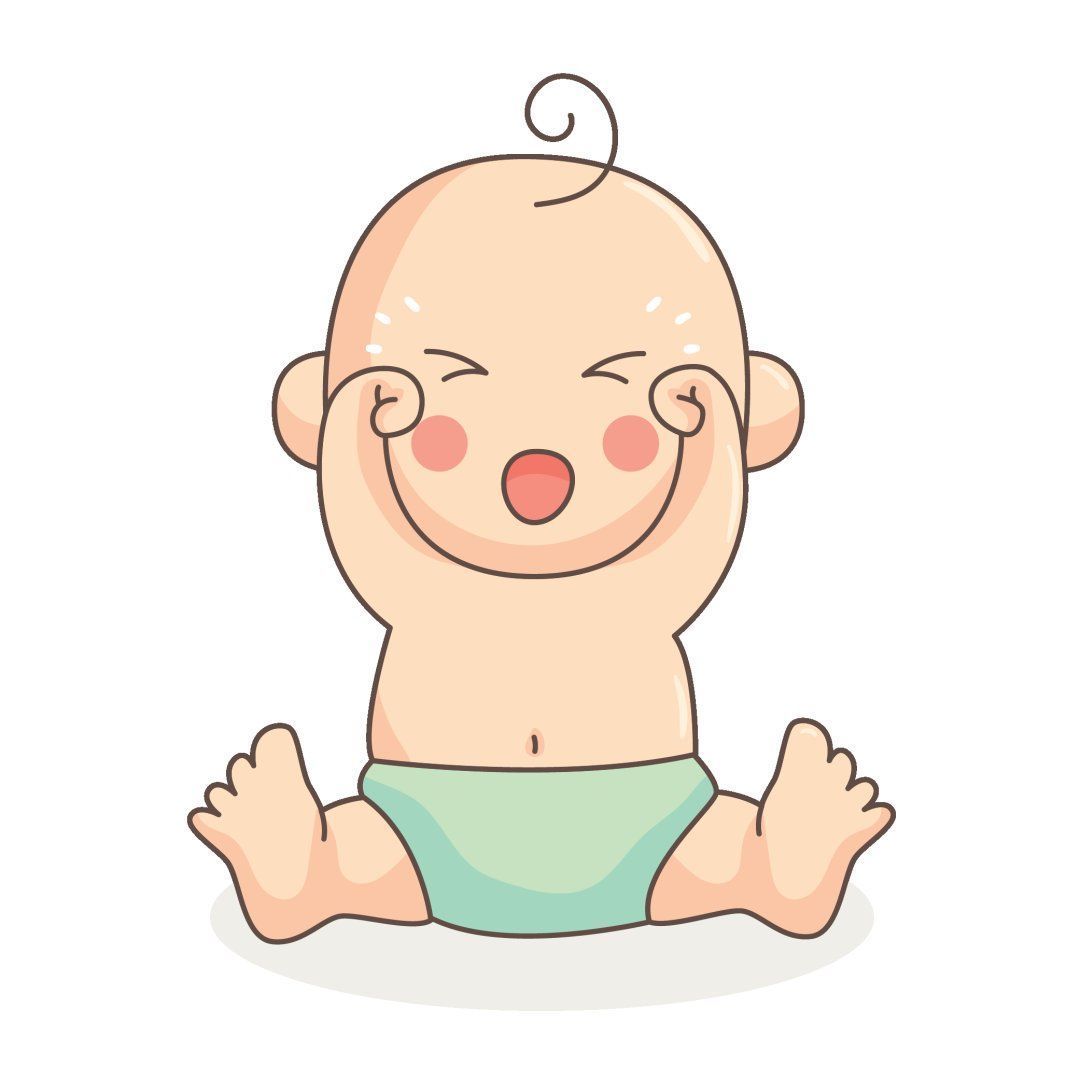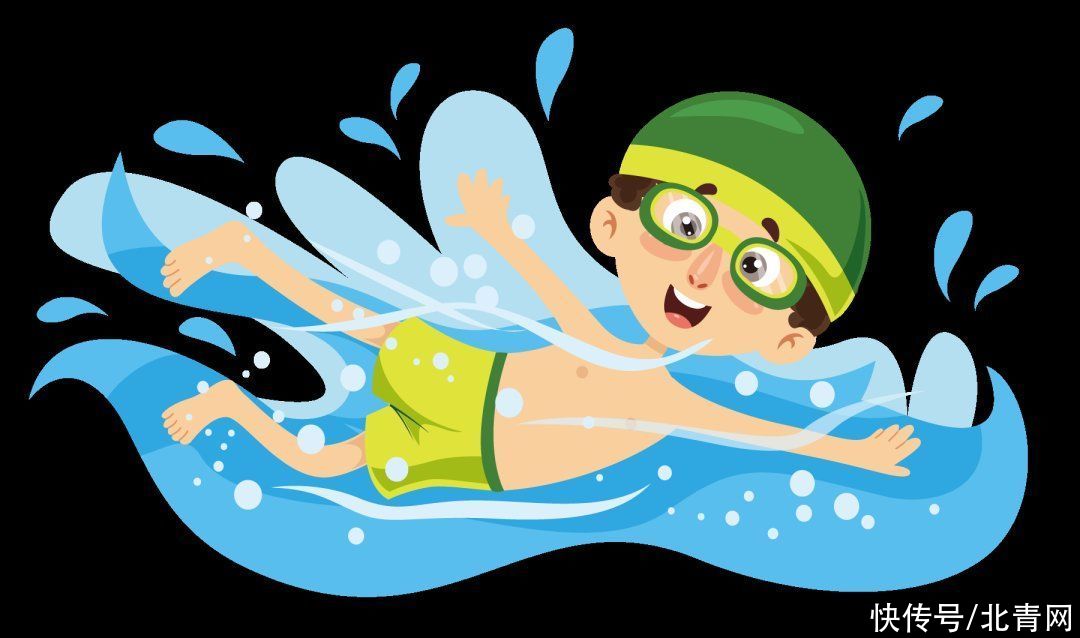In summer
Playing in the water or swimming is an important way for people to cool off the heat
especially many children
even go to the pool every day to swim
p>
I don’t know that
a seemingly clean swimming pool
may be a hidden killer!

Recently, a student from Leshan, Sichuan
felt symptoms such as fever after swimming in a swimming pool
caused Follow
and this is the second incident recently
in the swimming pool with fever and other symptoms after swimming in the swimming pool
multiple children in Sichuan< /p>
High fever after swimming in the swimming pool
Leshan
On the evening of July 24, the Shawan District Culture, Sports and Tourism Bureau received a report that some students were in Shawan Ou Xingyuedong Swimming Pool developed symptoms such as fever after swimming in the swimming pool. Relevant departments rushed to the scene to carry out a detailed investigation, conducted a comprehensive investigation of the 147 students in the swimming pool, sent water samples for inspection on the spot, and ordered the swimming pool to immediately close its business for investigation.
As of 21:00 on July 25, 2 patients tested positive for adenovirus and their condition was stable. It was initially judged that this was a disease caused by adenovirus.

Picture source: Sichuan Observer
Shifang
In July, some parents in Shifang City reported that A child developed fever and other symptoms after swimming in a local swimming pool.
On July 22, the “Shifang Release” notice stated: ① The two indicators of urea and total bacteria in the swimming pool sample exceeded the national standard requirements. A case has been filed against the swimming pool. ②As of the report, among the children with fever, 21 were tested positive for adenovirus, which was initially judged to be a disease caused by adenovirus.
Video source: Beijing Daily Video Adenovirus, what is it?
The “Guidelines for the Diagnosis and Treatment of Adenovirus Pneumonia in Children (2019 Edition)” issued by the General Office of the National Health and Health Commission shows that human adenovirus (HAdV) pneumonia is the most serious community-acquired pneumonia in children. one of the types.

Image source: draft design
Mostly occurs in children from 6 months to 5 years old, some children have severe clinical manifestations, pulmonary There are many external complications, and severe cases are prone to leave chronic airway and lung diseases, which is one of the important causes of death and disability in infants and young children.
HAdV infection can cause a variety of diseases, including pneumonia, bronchitis, cystitis, conjunctivitis, gastrointestinal diseases and encephalitis.
How does adenovirus spread?
The incubation period of human adenovirus infection is generally 2-21 days, with an average of 3-8 days. Symptomatic infected persons and asymptomatic latent infections are both sources of infection.
The transmission routes include:
Droplet transmission: is the main mode of transmission of adenovirus in respiratory tract infection;
Contact transmission: hands contact with objects contaminated with adenovirus Touching the mouth, nose, or eyes without washing your hands;
Adenovirus pneumonia most commonly occurs between 6 months and 5 years of age, especially in children under 2 years of age. People with chronic underlying diseases and impaired immune function (such as organ transplantation, HIV infection, primary immunodeficiency, etc.) are more likely to develop severe disease.

Image source: draft design
What are the symptoms of adenovirus infection?
Adenovirus is divided into mild infection and severe infection.
For children with normal immune function, adenovirus infection is usually self-limiting, and the disease is mild and can be cured by itself, and there are few sequelae.
Different types of adenoviruses have different effects. The more common mild symptoms are:
Fever, runny nose, cough, pharyngitis, etc., generally lasting 7 to 10 days;
Watery stools, diarrhea, and possibly vomiting, usually lasting 7 to 12 days;
Pharyngeal conjunctival fever: fever, sore throat, and symptoms of conjunctivitis (red eye) .
For these diseases, general symptomatic treatment measures can be taken: drink plenty of water, rest more, and relieve fever.

Image source: Draft design
But for small babies around 6 months, newborns and even premature babies, or For children with immunodeficiency diseases, their immune systems are immature and do not have corresponding protective antibodies. Once infected, they are more likely to develop severe disease.
Children should be brought to a doctor to make sure there are no more serious infections:
<3 months of age and rectal temperature ≥ 38°C. Children should be brought to a doctor even if they appear normal or healthy;
3 to 36 months of age with a rectal temperature ≥ 38°C for more than 3 days. Seek immediate medical attention if child appears ill or unusually irritable, clings, or refuses to drink fluids;
3 to 36 months old and rectal temperature ≥ 38.9°C.

Image source : Draft design
Regardless of the age of the child, it is also recommended to seek medical attention if the following symptoms occur:
The temperature in the mouth, rectum, ear or forehead is ≥ 40°C;
Axillary temperature ≥ 39.4 °C;
febrile seizures;
recurrent fever, even if only for a few hours;
febrile with persistent illness , such as heart disease, cancer, lupus, or sickle cell anemia;
Fever with new rash.
One of the most typical severe manifestations of adenovirus infection is adenovirus pneumonia, which can be life-threatening in severe cases; young children infected with adenovirus pneumonia may also have different degrees of pulmonary sequelae.
How to diagnose adenovirus pneumonia?
This needs to be diagnosed with the help of the etiological detection of adenovirus
pulmonary imaging examination and the experience of doctors.

Image source: draft design
What parents can do is when the baby has the following suspected severe symptoms, Seek medical attention as soon as possible:
1. Pale complexion, shallow breathing,
Children aged 1 to 5 breathe more than 40 times per minute, or even more than 60 times per minute;
< p>2. Repeated fever or persistent high fever,
The body temperature often exceeds 39℃ for more than 5 days;
3. Frequent and severe coughing
Often irritating dry cough, severe cough;
4. Depressed or abnormally irritable and clingy.

Image source: draft design
Why are all swimming pools?
Li Tong, chief physician of the Department of Respiratory and Infectious Diseases of Beijing You’an Hospital, said that adenovirus infection is more common in swimming pools.
“It may be that the swimming pool contains adenovirus. If you touch the virus with your hands and then rub your eyes, touch your mouth and nose, you will be infected. It may also be because of the spread of respiratory droplets caused by the gathering of people in public swimming pools. The so-called’ Swimming pool fever’ (i.e. pharyngeal conjunctivitis) is caused by adenovirus and is mainly manifested in respiratory symptoms such as fever, sore throat, nasal congestion, and runny nose after swimming.”

Image source: Draft design
Experts said that if the symptoms of adenovirus infection are mild, symptomatic treatment measures are generally enough, including drinking more water and resting. If you are suspected of being critically ill, you should seek medical attention as soon as possible.
Do a good job of personal protection, and the specific precautions include three aspects:
First, pay attention to hand hygiene, wash your hands with soap or hand sanitizer frequently, and do not rub your eyes with unclean hands, Touch your nose and mouth.
Second, try to avoid taking children to crowded places to avoid the risk of respiratory infection, and be sure to wash your hands in time after playing in public places such as shopping malls.
The third is to avoid gastrointestinal transmission. Do not touch the food directly before washing your hands. Parents must also wash their hands when preparing food for their children.
Currently
there is no vaccine related to adenovirus
and there is no specific medicine for it
so we can only pay attention to personal protection daily
Try to avoid “provoking” it!
Source: News Online